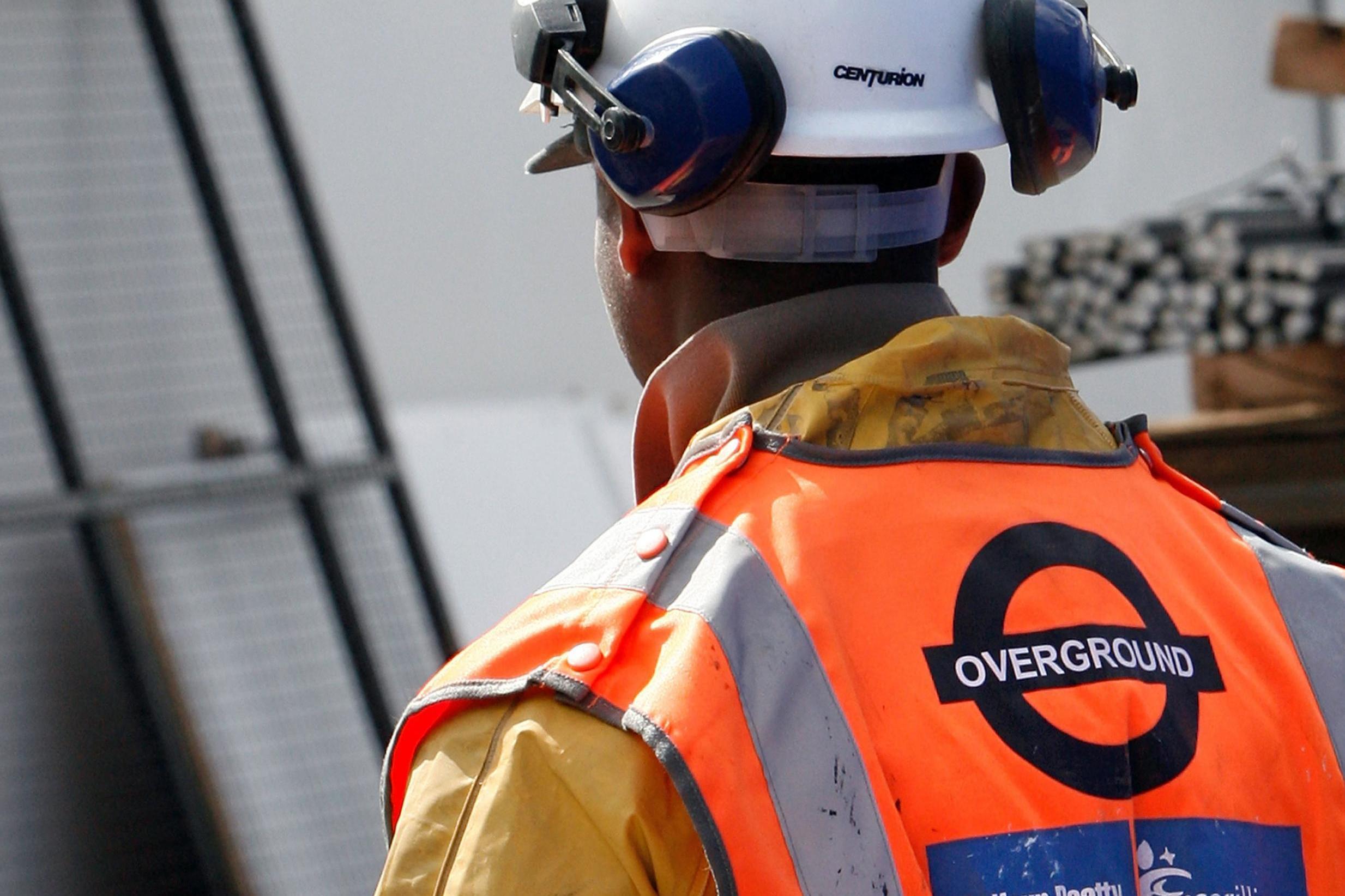If Carillion stumbles it could be us taxpayers who end up counting the cost
Outlook

Your support helps us to tell the story
From reproductive rights to climate change to Big Tech, The Independent is on the ground when the story is developing. Whether it's investigating the financials of Elon Musk's pro-Trump PAC or producing our latest documentary, 'The A Word', which shines a light on the American women fighting for reproductive rights, we know how important it is to parse out the facts from the messaging.
At such a critical moment in US history, we need reporters on the ground. Your donation allows us to keep sending journalists to speak to both sides of the story.
The Independent is trusted by Americans across the entire political spectrum. And unlike many other quality news outlets, we choose not to lock Americans out of our reporting and analysis with paywalls. We believe quality journalism should be available to everyone, paid for by those who can afford it.
Your support makes all the difference.The construction and services giant Carillion has thumbed its nose at the short-sellers who have been betting big on a tumble, by announcing £1.7bn of new business wins since its half-year results.
In this country alone there are roads, there is rail, and – oh look, there’s the Midland Metropolitan Hospital, that is expected to generate £600m in revenue … which was actually announced in August. But perhaps we shouldn’t be too critical of the company for having a second bite at the cherry, given how fond its biggest customer – the UK Government – is of doing the same thing. Particularly when it comes to spending pledges.
“Wherever you go we’re there,” the company declares boldly in a glossy corporate video on its website, designed to tempt everyone from potential employees to investors to buy into its vision of corporate nirvana.
But it is the new business announcement (or re-announcement) that has really caught the eye of the latter. The shares put on a sprightly 4 per cent in response to it. Certain hedge funds are in danger of getting their fingers burnt if the trend continues.
But will the taxpayer get burnt along with them? Well that’s the interesting question. Carillion touts its fancy systems for contract oversight, which it says mean that just two directors on its main board can keep tabs on the lot of them.
That’s quite a claim given the sheer number of them – this is a company that books annual revenues of more than £4bn, and employs 46,000 people.
Unfortunately the chief executive Richard Howson is not Superman. And his finance director Richard Adam is not The Flash.
Which means that things sometimes go wrong, and when they go wrong they go badly wrong. Take the company’s hospital contract in Swindon. This led to Carillion being sharply criticised last year by the hospital trust’s board, the Care Quality Commission and the GMB union.
Carillion says it’s worked hard to fix things, but employment tribunals are pending, which could see some dirty laundry washed in public.
The shiny new hospital contract, of course, will be managed though what’s become known as PF2, the Government’s new way of managing the private sector’s involvement in public projects.
It is supposed to correct the many faults that emerged with the bewildering array of things built under the system used by the last Labour government.
I’ve spoken to Carillion about it, and it won’t surprise anyone to learn that it puts a rosy glow upon it, arguing that it should work for both the taxpayer and for the company.
We’d better hope that it does. The problem that still exists with these schemes, whether under the old or the new system, is that if the shine comes off them we will still be stuck with them, and for years to come. Unless the taxpayer is willing to pay an extremely high price to create an exit.
Join our commenting forum
Join thought-provoking conversations, follow other Independent readers and see their replies
Comments